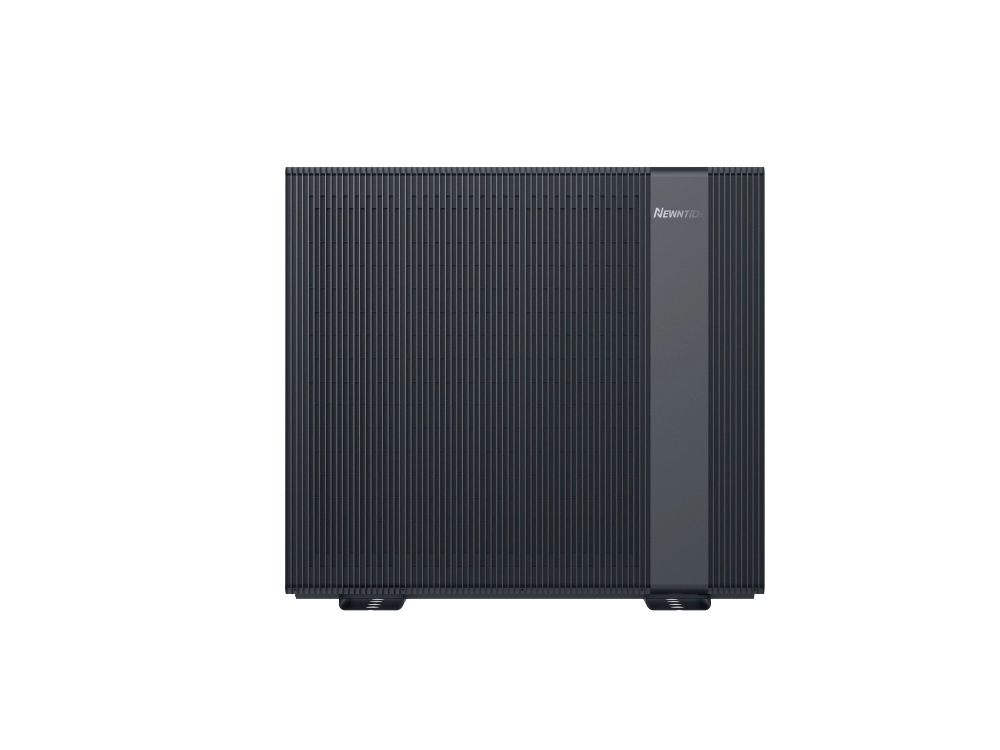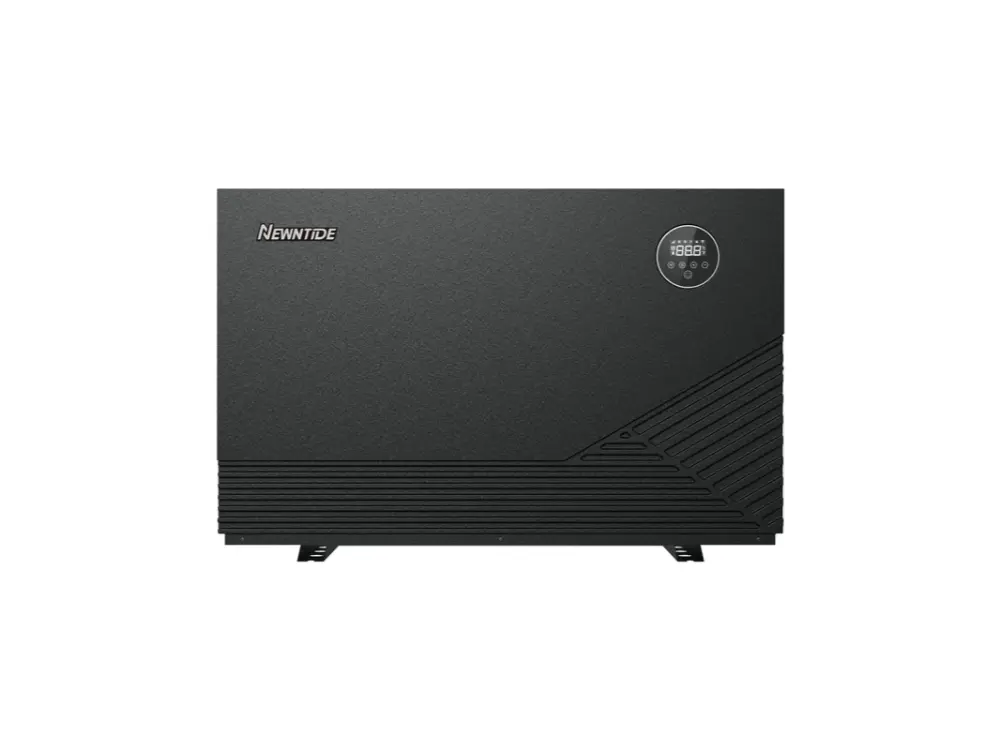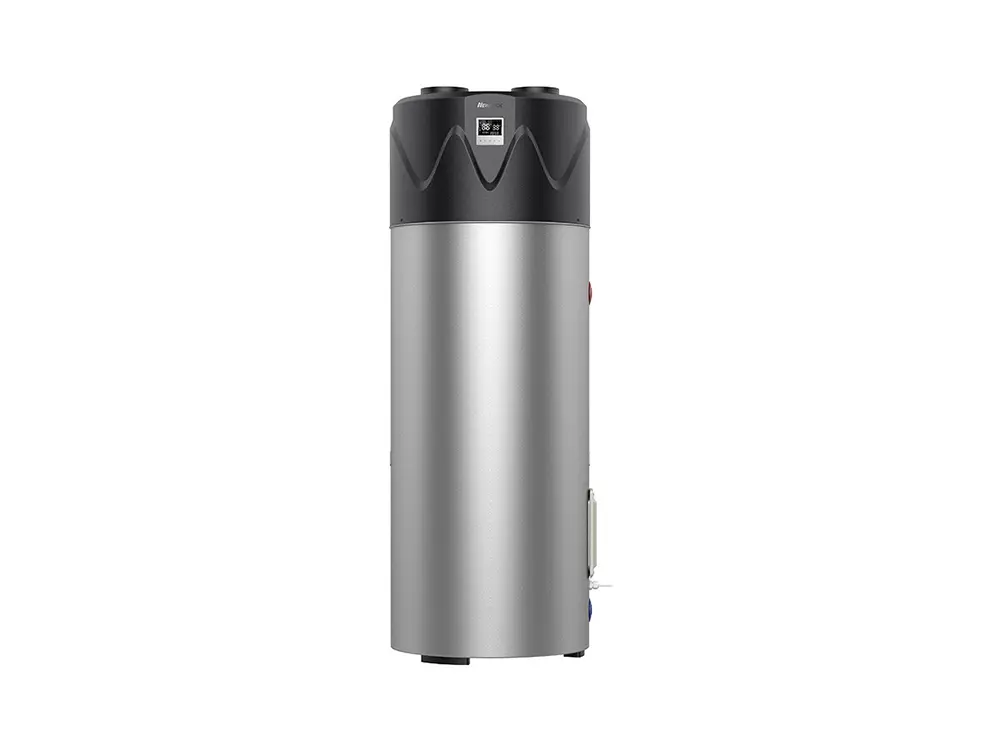How does a pool heat pump work?
With dual capability of providing heating and cooling, a pool heat pump is an incredibly versatile and energy-efficient way to keep swimming pools and spas at a comfortable temperature year-round. This advanced heating system operates by extracting ambient heat from the surrounding atmosphere and converting it into usable heat, which subsequently elevates the water temperature.
Compared to alternative pool heaters, pool heat pumps distinguish themselves by offering greater affordability and are widely recognized as one of the most energy-efficient choices accessible on the market. Moreover, heat pump systems generally have lower operating costs than gas pool heaters, making them a balanced choice for swimming pools in various climates.
How long does a heat pump take to heat up a pool?
Generally, it is very common for a heat pump to take 12 to 72 hours to raise the pool water temperature significantly, which varies on different conditions. Understanding the variables can help you streamline the heating process of a pool. Here is a detailed discussion of the primary variables impacting a pool heating process, along with some advice on how to increase heating efficiency.
The Factors Affecting Pool Heating Time
- Pool Size
Larger pools necessitate more time to achieve the desired temperature due to the increased water volume, compared to a smaller pool.
- Ambient Temperature
Heat pumps achieve optimal efficiency in warmer air conditions. Colder outdoor temperatures prolong heating durations, as the heat pump must exert additional effort to extract heat from the atmosphere.
- Initial Water Temperature
A significant disparity between current water temperature and the targeted temperature prolongs the heating process. A larger temperature difference mandates that the heat pump transfer additional heat to the water, extending the time required to warm the pool.
- Pool insulation
Properly insulated pools maintain heat effectively, minimizing both the time and energy needed to uphold the desired temperature Insulation applied to the pool’s walls and floor, along with a good-quality pool cover, can significantly enhance heat retention and diminish heating periods.
- Heat Pump Size and Efficiency
The size and efficiency of a heat pump significantly influence heating duration. An appropriately sized heat pump can heats water more efficiently and swiftly while minimizing energy use, leading to expedited heating and reduced operational costs.
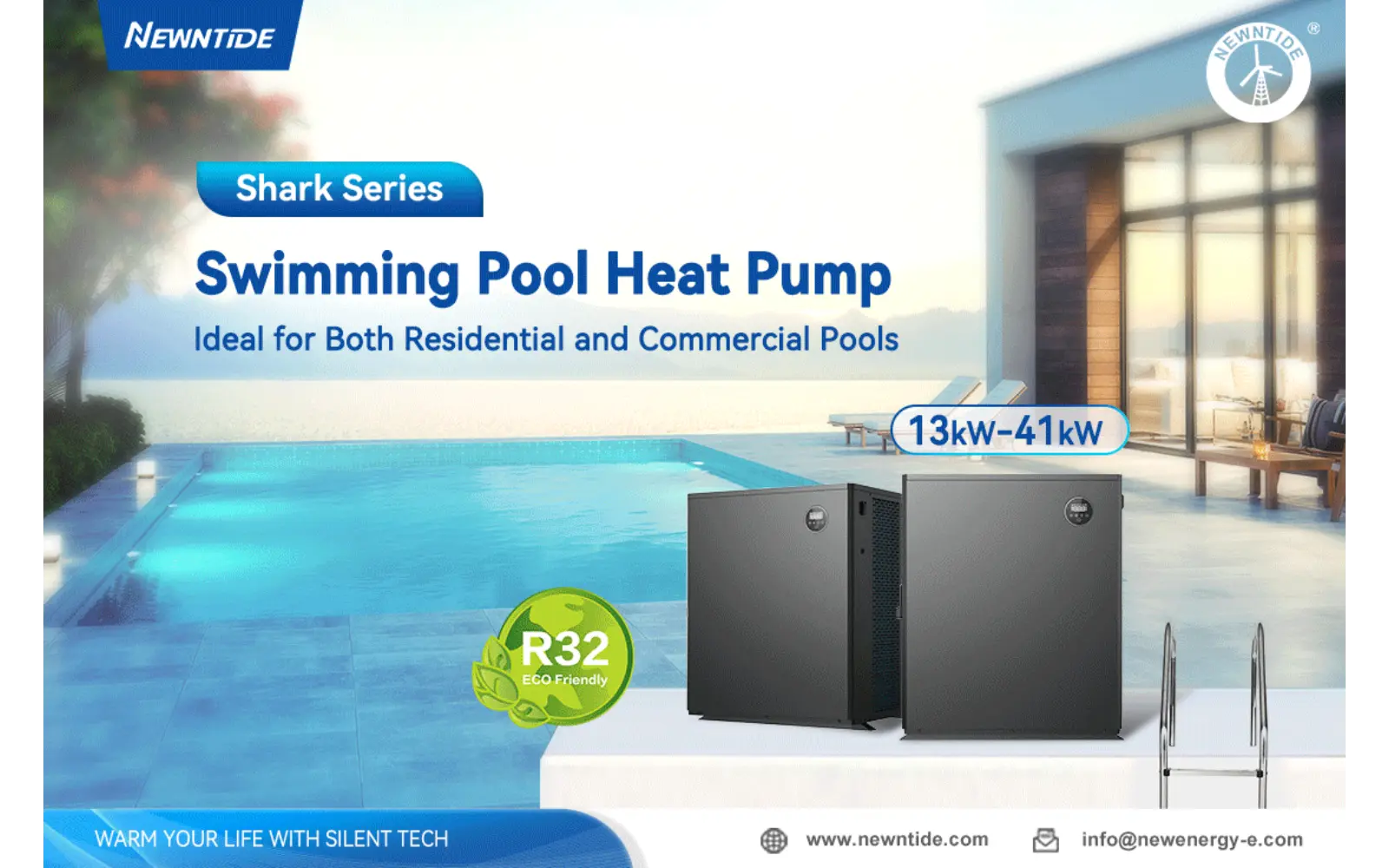
- Geographical location
In high-altitude regions, lower temperatures and lower air density may hinder heat pump efficiency. Moreover, local climate and weather, including frequent rainfall or high humidity, can impact the heat pump’s operational effectiveness.
- Heat Pump Technology
Choose an full DC inverter pool heat pump that equipped with variable-speed compressors. These advanced inverter technology can adjust the heating capacity based on your heating and cooling needs, saving energy when high-speed circulation isn’t required.
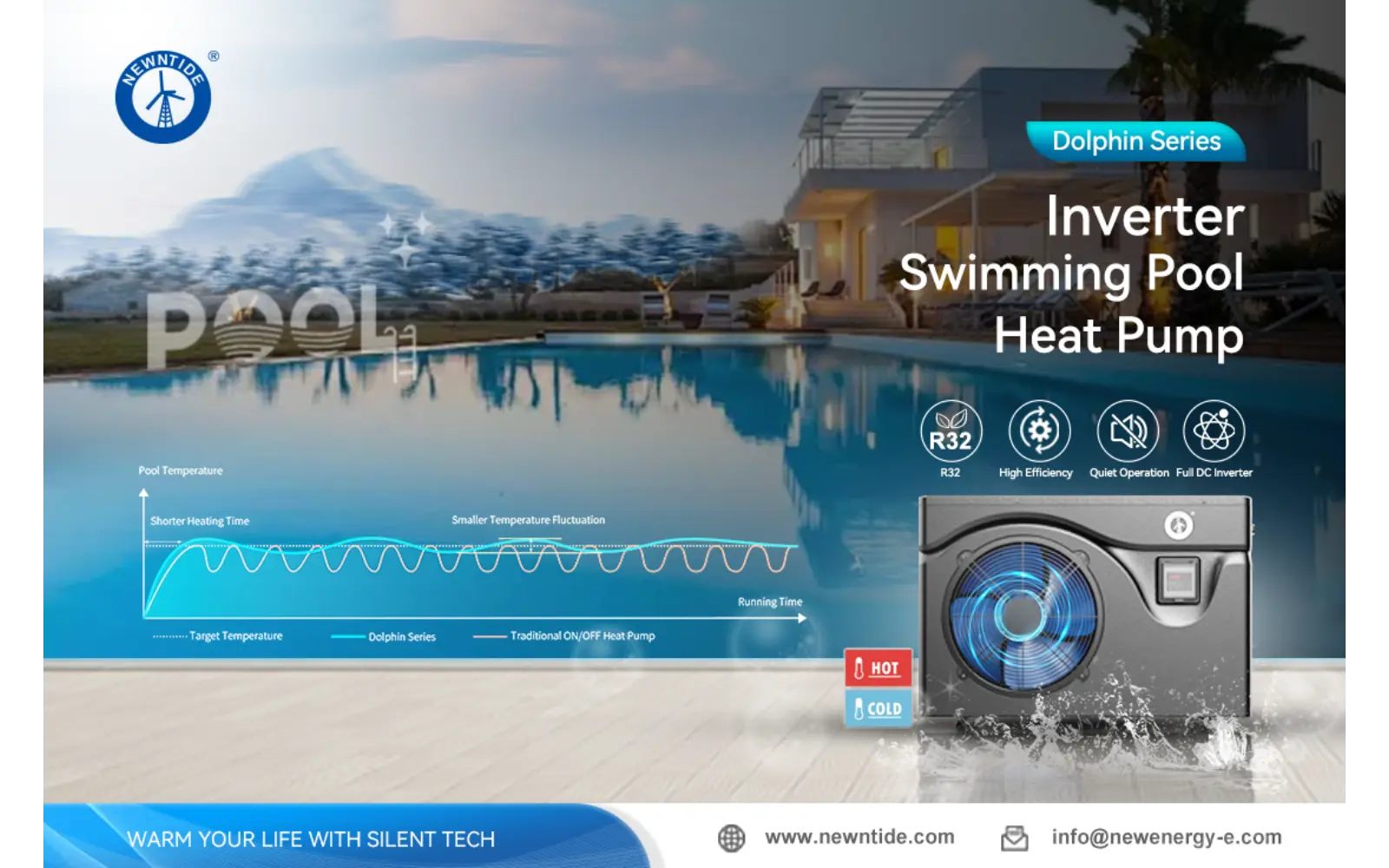
Tips and Strategies for Maximizing Pool Heating Efficiency
Ensuring your pool is consistently warm and inviting can be a challenging for pool owners. However, there is some effective strategies that can enhance heating efficiency while simultaneously minimizing energy consumption. This detailed guide aims to provide you with a thorough understanding of the best practices to optimize your pool heating system and ensure prolonged comfort for all users.
1. Invest in a High-Efficiency Heat Pump
Consider investing in or upgrade to a high efficiency model with higher efficiency. A heat pump’ s efficiency is usually measured by a Coefficient of Performance (COP) rating. The higher the rating represents the higher the efficiency. For example, The COP value of NEWNTIDE’s pool heat pumps can reach up to 16, which have been revolutionary products on the market that delivers higher operation efficiency .
2. Utilize a cover:
Employing a solar blanket or pool cover is one of the most straightforward and effective strategies to reduce thermal loss caused by evaporation. These insulating devices can considerably diminish overall heat loss, thereby minimizing the time needed for the pool water to reach the desired temperature and boosting the system’s efficiency. By effectively trapping solar energy and mitigating exposure to environmental factors, covers maintain a more constant water temperature. This results in a notable reduction in heating time and optimizes the energy usage associated with pool maintenance, ultimately leading to lower operational costs.
3. Optimize the placement of the pool heat pump
Properly positioning the heat pump in a ventilated space is essential for air circulation. This allows the heat pump to efficiently draw ambient heat from the air and transfer it into the pool water. Furthermore, placing the pump away from obstructions and maintaining a clear airflow can boost its performance. Accurate placement enhances both the heat pump’s efficiency and its lifespan.
4. Operate the heat pump during warmer hours
Heat pumps function more effectively in higher ambient temperatures. Capitalize on this characteristic to schedule your heat pump to run during the warmest part of the day. This approach ensures that the heat pump is working under optimal conditions, resulting in less overall heating time, better performance and energy savings.
5. Regularly Maintain pool equipment
Regular maintenance of pool equipment is essential for optimal functionality and efficient heating. Keep filters and other parts clean to avoid debris accumulation. Properly maintained systems enhance water circulation, thereby improving heating processes and the performance of the heat pump.
6. Adjust water temperature strategically
Setting the pool temperature based on you usage habits can help in managing energy costs. Lowering the temperature slightly when the pool is not in use saves energy while keeping a comfortable base level. This strategic adjustment helps to balance comfort with efficiency, ensuring that energy is used wisely.
7. Consider integrating additional heating methods
Think about combining your pool heat pump with additional heating sources to increase the heating efficiency. For instance, enhancing overall performance with a solar pool heater and heat pump especially on sunny days. By combining the advantages of various heating source, this hybrid strategy can result in increased efficiency and possibly decreased energy expenses.
By implementing these strategies, you can ensure that your pool remains warm and inviting while optimizing energy use. Whether through improved insulation, strategic operation, or combining heating methods, these tips will help you get the most out of your pool heating system and enjoy a comfortable swimming experience all season long.
Feel free to check our website for more insights, industry news and updates from NEWNTIDE and reach out through email: [email protected].

